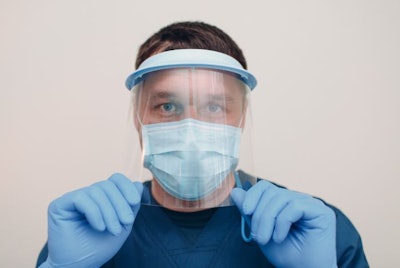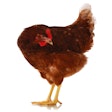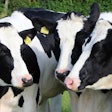
It seems that there is always someone complicating matters. Now there are voices that want to describe meat processing plants or slaughterhouses as the pandemic epicenter. It is like always wanting to find a snag to animal protein production.
It seems logical to me that outbreaks of COVID-19 are found in processing. It is one of the few industrial activities that have not stopped! Fortunately, because if not, we wouldn’t have been able to eat meat and chicken. In addition, there is indeed a large concentration of people and little space to respect the recommended social distance.
Let's not forget that before this crisis, nobody, I repeat, nobody expected this, and the plants were not made for it. Many outsiders are ignorant of the changes that processing plants have made in the last three months: from staggering of personnel going in and out, to body temperature checks, to simultaneous use of transparent face shields and masks, among others actions, as they have done in Brazil. But nothing is infallible!
I’ve noticed comments that closing these plants is one more reason to end the suffering of animals did not take long to appear. I wonder, what does one thing have to do with the other?
Reading the news about it, other "lice" jumped in, that have no relation to the very animal production itself. It turns out that, according to what it is said, workers are being pressured not to speak and they also hire foreigners, that do not have decent housing and social security conditions. So, I think we are talking about a management and human resources problem, not an animal production and processing issue.
Of course, there is always room for improvement. We have always faced bugs, because in addition to COVID-19, there is Salmonella, Campylobacter, and others. There is a solution: total automation with zero food contact with people and between people.
If we automate everything, another louse jumps: Are we going to end jobs? Without jobs, there is no way to earn money and we can't buy chicken. A complicated situation, without a doubt.
In the meantime, we need to continue producing, seeking the best we can for the worker's safety, which for the moment, we cannot do it without them.
What do you think?
View our continuing coverage of the coronavirus/COVID-19 pandemic.



















